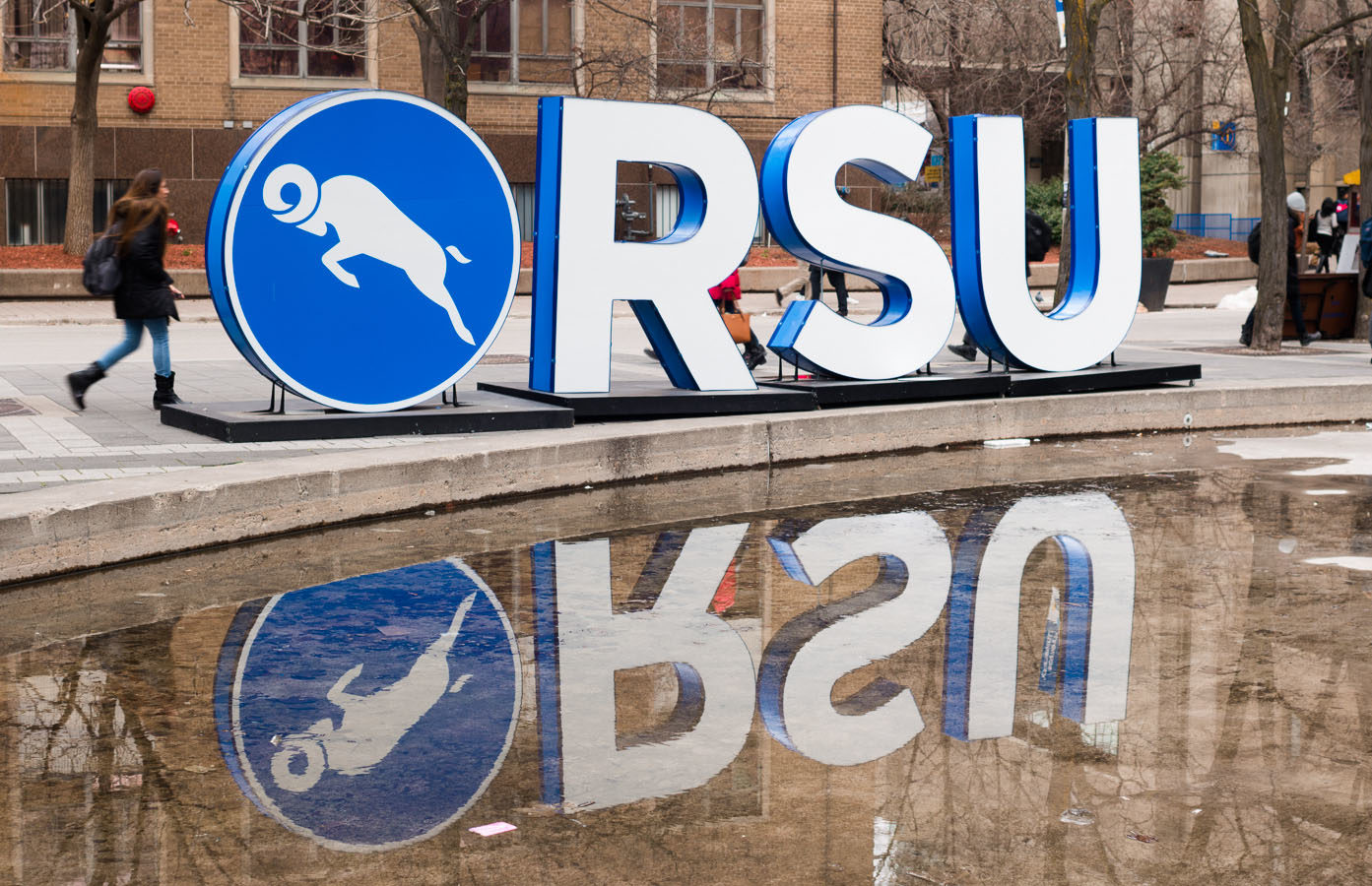By Richa Syal & Jacqueline McKay
Ryerson has a commitment to accessibility. But one Ryerson student has his own commitment to extend accessibility to all student group events.
All Ryerson events should be planned with accessibility in mind, or so says Ryerson’s guide to accessible events. And although the guide states that Ryerson does not inadvertently exclude persons with disability due to lack of planning, Kajan Vigneswaran says a lack of inclusion starts with the absence of accessibility statements for events.
“Accessibility statements for events are pretty simple. All organizers have to say is ‘if you have any special accessibility requests to ensure your participation in this event please contact…’ Unfortunately many event organizers fail to include that on their promotional materials both on social media and print,” said Vigneswaran, a fourth year business management student and RyeACCESS coordinator.
These statements would indicate what types of accessibility features would be provided, and a point of contact for participants to request their own accommodation.
“It’s important because if we’re hosting an event for the community, there will be people of different abilities who are part of that community.“
“In my opinion these should be mandatory requirements for student groups…having an accessibility statement creates a welcoming environment for students that require special accessibility requests,” said Vigneswaran.
This sentiment is echoed by Tamara Jones, VP equity for Ryerson Students’ Union (RSU).
“I definitely agree with him,” she said.
According to Jones, the RSU does walkthroughs of their venues to make sure they are accessible. This includes making sure there are alternative entrances and wheelchair accessibility.
“If they’re not (accessible), we just won’t use them,” said Jones.
The RSU also includes these statements on their posters, and include contact information to request accommodation.
“It’s important because if we’re hosting an event for the community, there will be people of different abilities who are part of that community. In having that event accessible, it’s making sure people can participate equally,” she said.
Jones consults with Heather Willis, Ryerson’s accessibility coordinator, for advice and resources in planning these events.
“Often times I find students shy away and don’t attend events because they assume their specific accessibility concerns cannot be met due to cost and/or complexity, especially for events off campus such as at nightclubs or trips to other cities.”
But getting that message across to other student groups on campus is more of an uphill battle.
Jones recommends that course unions and student groups use accessibility statements for all promotional materials. She connects them with Willis, and offers resources that provide tips for planning accessible events.
“I try to stress the importance of it with the core student groups. But at the end of the day, it’s their group, so I don’t have too much power over them,” said Jones. “But when we do meet, I do stress that they comply with the Accessibility for Ontarians with Disabilities Act (AODA).
AODA guidelines for their social media blasts, and also to connect with some of Ryerson’s resources.”
For Vigneswaran, event organizers have always been accommodating once directed to the right person to contact. He says he’s never had an experience where he could not be accommodated, but that doesn’t mean that all students feel welcome.
“Often times I find students shy away and don’t attend events because they assume their specific accessibility concerns cannot be met due to cost and/or complexity, especially for events off campus such as at nightclubs or trips to other cities,” he said.
The end goal, says Jones, is not so much to make RSU events “accessible,” but more about making the space comfortable for everyone who attends.


